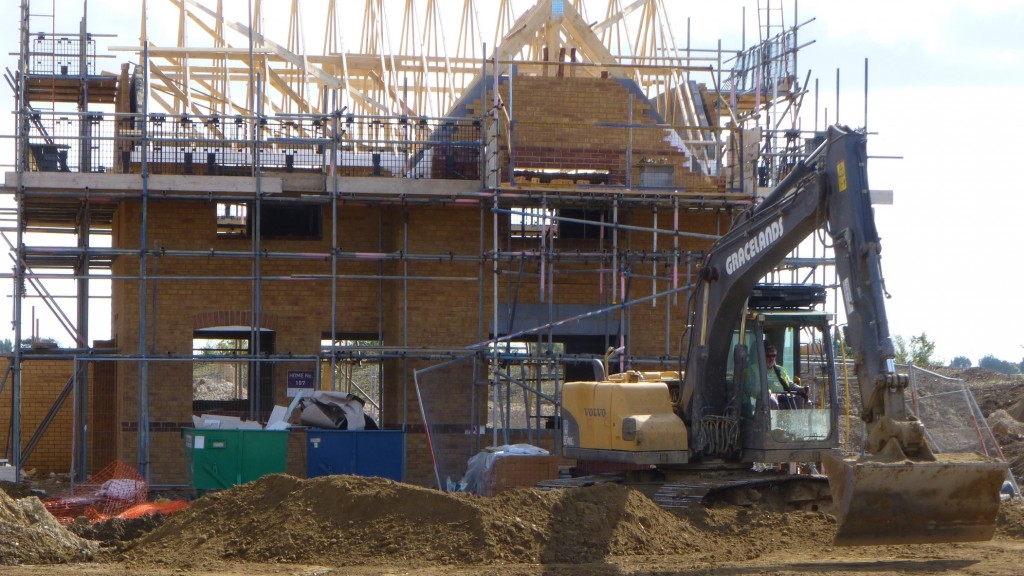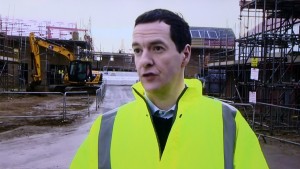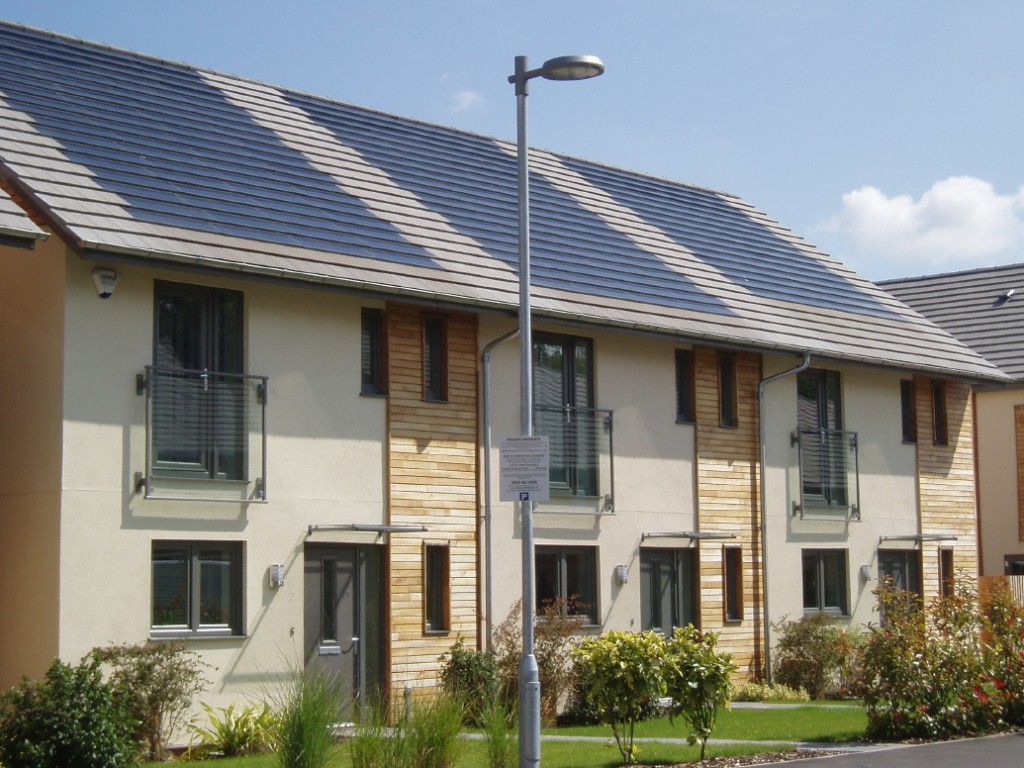The valuation of older “new homes”.
Estate agents – they only act in their own best interests
 Estate agents proudly state that a home was sold in 12 days, with the implication that the agent is good – more likely he was just plain lucky. It is even more likely, in fact a virtual certainty, that the home was severely undervalued by the agent in the first place. Sold too cheaply. You don’t need an estate agent to sell your home at a bargain price and paying upwards of £7,000 commission to the agent is adding insult to financial injury.
Estate agents proudly state that a home was sold in 12 days, with the implication that the agent is good – more likely he was just plain lucky. It is even more likely, in fact a virtual certainty, that the home was severely undervalued by the agent in the first place. Sold too cheaply. You don’t need an estate agent to sell your home at a bargain price and paying upwards of £7,000 commission to the agent is adding insult to financial injury.
Whilst it is well known that most buyers take what they are told by estate agents with a pinch of salt, the same cannot be said of those selling their homes. All too often they are far too trusting, believing that as they are paying an agent for a service, acting on their behalf, in their best interests. However the industry is like the proverbial giant squid, is always “sticking its tentacles into everything property that smells like money.” Take the Energy Performance Certificates (EPC), arranged by agents for £105 yet available online for under £40. The managers running offices in high street estate agents have monthly sales targets to meet. They need properties on their books that they can sell. Homes they can sell quickly, with a minimum of time and effort or they will lose both bonuses and commission. It matters little to an agent when an offer of £20,000 less than the “asking price” is made. He loses around £300 (at 1.5%) but the vendor loses £20,000!
The great sellers’ rip-off begins with the valuation visit. They invite the agent into their home for a valuation, trusting that the agent is the professional and will advertise their home for the maximum achievable in the market. The agent will already know what “price” he will tell you to market your home for before he even gets in his car! This will be based on the most recent sales and homes currently on the market in the area. It will have little to do with the location, condition and features of your particular property. If a four-bedroom home on an estate was priced at £335,000 and sold for £320,000, then this is what he will suggest you market your four-bedroom home for and the price you can expect to get. This irrespective of the desirability of your home and whether it is double fronted and has additional rooms.
Continue reading →
 Notwithstanding the unprecedented boost that the housebuilders have already received from this Government – plc housebuilders were the biggest winners from the recent Autumn Statement after George “we are the builders” Osborne announced a raft of new changes that further support the sector in the relentless headline grabbing political pressure to ramp up UK homebuilding.
Notwithstanding the unprecedented boost that the housebuilders have already received from this Government – plc housebuilders were the biggest winners from the recent Autumn Statement after George “we are the builders” Osborne announced a raft of new changes that further support the sector in the relentless headline grabbing political pressure to ramp up UK homebuilding. In his Autumn Statement, Osborne announced a number of measures which include plans for a £7bn house building programme, a boost to the Help to Buy scheme, with Londoners a 40% loan rather than the previously-announced 20% loan and more freedom for Local Authorities to sell off land. The main benefit being from the shared ownership scheme and the extension of Help to Buy. The big seven: Barratt, Taylor Wimpey, Persimmon, Berkeley, Bellway, Redrow and Bovis will benefit the most from the moves.
In his Autumn Statement, Osborne announced a number of measures which include plans for a £7bn house building programme, a boost to the Help to Buy scheme, with Londoners a 40% loan rather than the previously-announced 20% loan and more freedom for Local Authorities to sell off land. The main benefit being from the shared ownership scheme and the extension of Help to Buy. The big seven: Barratt, Taylor Wimpey, Persimmon, Berkeley, Bellway, Redrow and Bovis will benefit the most from the moves.












